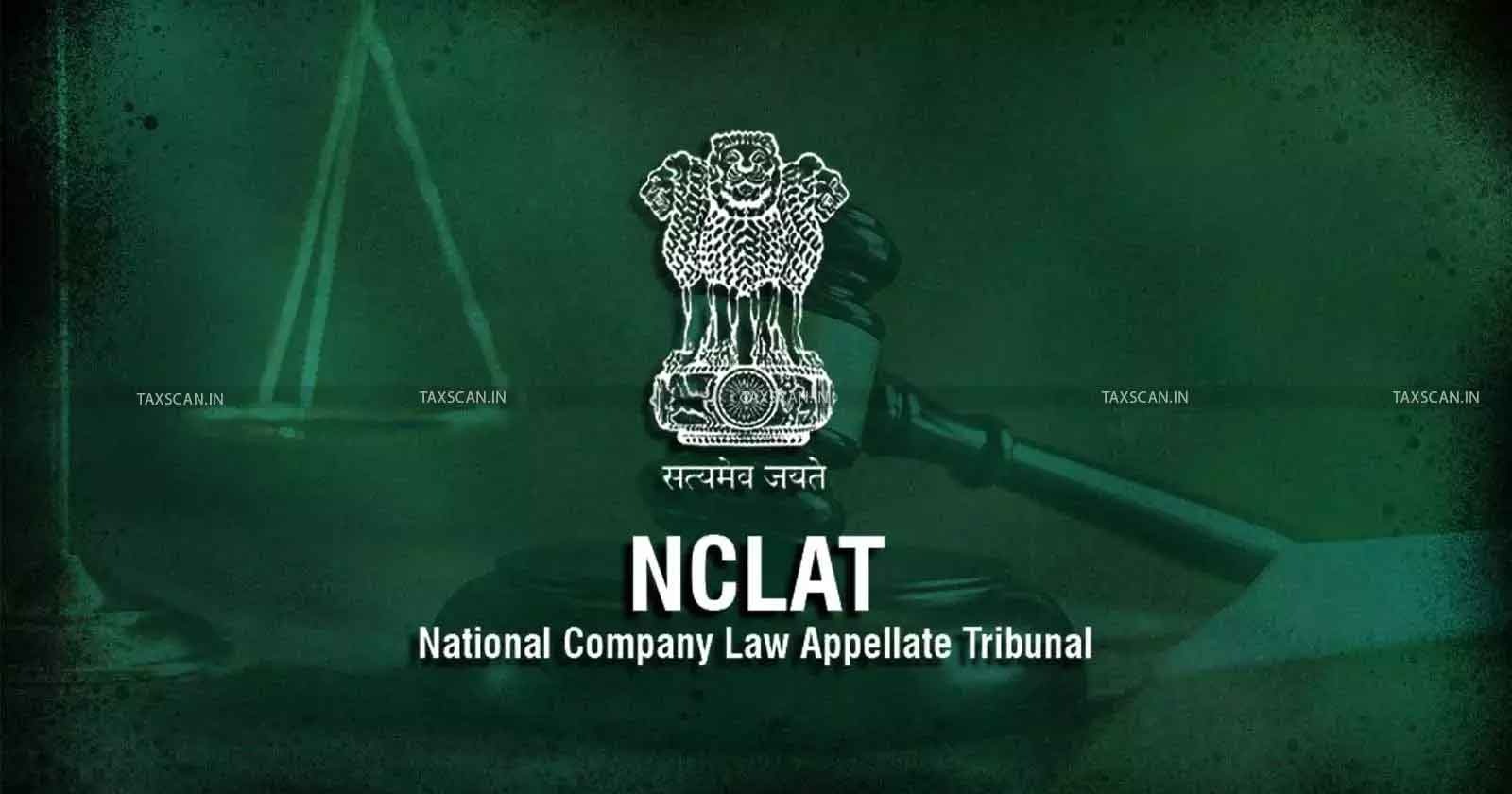Exclusion of COVID Period Preserves 208-Day Limitation: NCLAT Holds S. 95 Petitions Against Guarantors Timely [Read Order]
The tribunal applied the Supreme Court’s COVID limitation exclusion orders, which preserved the balance of 208 days of limitation as of 15.03.2020 and revived it from 01.03.2022. Since the petitions were filed on 17.08.2022, before the extended deadline of 25.09.2022, they were within time.
![Exclusion of COVID Period Preserves 208-Day Limitation: NCLAT Holds S. 95 Petitions Against Guarantors Timely [Read Order] Exclusion of COVID Period Preserves 208-Day Limitation: NCLAT Holds S. 95 Petitions Against Guarantors Timely [Read Order]](https://images.taxscan.in/h-upload/2025/11/18/2106401-covid-taxscan.jfif)
The National Company Law Appellate Tribunal (NCLAT), Principal Bench, New Delhi, delivered a significant judgment in the appeals challenging two orders of the National Company Law Tribunal (NCLT), which had dismissed the appellants' Section 95 applications against personal guarantors as time‑barred. NCLAT’s ruling clarifies the application of the Supreme Court’s COVID limitation exclusion orders to insolvency proceedings under the Insolvency and Bankruptcy Code, 2016 (IBC).
JC Flower Asset Reconstruction filed two separate Section 95 petitions against personal guarantors of corporate debtors, citing defaults dated 10 October 2017. Under ordinary limitation rules, the three‑year period expired on 10 October 2020. By 15 March 2020, 208 days of limitation remained. The Supreme Court, in suo motu WP(C) No. 3 of 2020, excluded the period from 15 March 2020 to 28 February 2022 from limitation calculations. JC Flower issued demand notices on 03 January 2022 and filed petitions on 17 August 2022. NCLT dismissed the petitions, holding them beyond time.
 Also Read:Lien Cannot Cover Group Company Debts When CD Has No Liability: NCLAT Orders ICBC to Release ₹27.60 Cr FD [Read Order]
Also Read:Lien Cannot Cover Group Company Debts When CD Has No Liability: NCLAT Orders ICBC to Release ₹27.60 Cr FD [Read Order]
The adjudicating authority acknowledged the Supreme Court’s orders but interpreted them narrowly. It held that only 90 days were available after 28 February 2022, and since JC Flower filed on 17 August 2022, beyond this 90‑day window, the petitions were barred by limitation.
JC Flower argued that the NCLT had misapplied the Supreme Court’s directions. It submitted that as of 15 March 2020, 208 days of limitation remained. Under the Supreme Court’s order dated 10 January 2022, this balance period revived from 01 March 2022, extending the deadline until 25 September 2022.
Therefore, the petitions filed on 17 August 2022 were within time. The appellant relied on Prakash Corporates v. Dee Vee Projects Ltd. (2022) and IL&FS Financial Services Ltd. v. Adhunik Meghalaya Steels (2025), where the Supreme Court clarified that exclusion of the COVID period operates like statutory exclusion under Sections 12–15 of the Limitation Act, enlarging the available time.
Complete Supreme Court Judgment on GST from 2017 to 2024 with Free E-Book Access, Click here
The two-member bench of N. Seshasayee (Judicial Member) and Arun Baroka (Technical Member)accepted the appellant’s interpretation. It held that the Supreme Court’s orders excluded the entire period from 15 March 2020 to 28 February 2022. Consequently, the balance period of 208 days revived from 01 March 2022, extending the limitation until 25 September 2022.
 Also Read:CESTAT Remands Customs Penalty Case Over Gold Jewellery Diversion, Cites Non-Disclosure of Documents and Contradictory Findings [Read Order]
Also Read:CESTAT Remands Customs Penalty Case Over Gold Jewellery Diversion, Cites Non-Disclosure of Documents and Contradictory Findings [Read Order]
The petitions filed on 17 August 2022 were therefore within time. The tribunal emphasised that authoritative pronouncements of the Supreme Court leave no doubt that exclusion of the COVID period results in enlargement of limitation, not mere substitution with a 90‑day grace period.
The Tribunal set aside the NCLT’s dismissal orders and remanded the matters back to the adjudicating authority to admit the Section 95 petitions and proceed according to law.
Support our journalism by subscribing to Taxscan premium. Follow us on Telegram for quick updates


